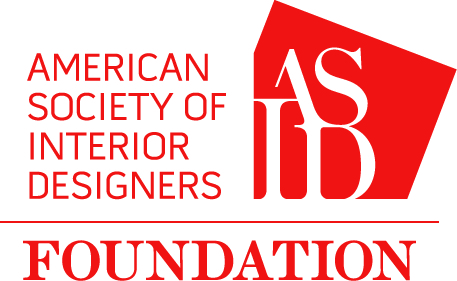
Why You Should Ask, “What’s It Made Of?” | Sourcing Products to Reduce Chemical Exposure
- Registration Closed
This course has been discontinued and is no longer open to new registrations. If you previously registered you still have access to the content for review.
Have more informed conversations with your clients about safe and healthy home furnishing choices, based on knowledge of hazardous chemicals.
Supported by

Supported by the ASID Foundation (ASIDF) Irene Winifred Eno Grant, the Sustainable Furnishings Council (SFC) conducted research revealing how little interior designers know about harmful chemicals often found in home furnishings. Learn more about the presence and the threat of harmful chemicals most commonly found in home furnishings, including Volatile Organic Compounds (VOCs) like formaldehyde, flame retardants, highly fluorinated stain treatments, antimicrobials and PVC (or vinyl). Gain practical advice, including checklists and other resources, to help you make informed decisions for your clients when selecting home furnishings.
Content Provider
What You Will Learn
- Recognize implications regarding chemicals in home furnishings.
- Identify the handful of hazardous chemicals most often found in home furnishings.
- Know what questions to ask and answers to look for when selecting home furnishings.
- Make more informed decisions when selecting home furnishing products, avoiding chemicals of concern.
Continuing Education Approval - Expired
- 1 IDCEC CEU | HSW-Sustainability | CC-103184R2 (Your CEU will be reported to IDCEC on your behalf by the Content Provider.)
Related Content
- Healthy Interiors: Choosing Materials that Contribute to Healthy Building Practices
- Healthy Materials Sourcing and Selection
Access Period: One year from registration date.

Susan Inglis
Executive Director, Sustainable Furnishings Council
Susan Inglis is Executive Director of the Sustainable Furnishings Council (SFC), and resident expert with the organization she helped found in 2006. She has led SFC to work with industry leaders to establish criteria to gauge the sustainability of furniture products and practices; develop programs for educating all sectors of the industry; and attract hundreds of companies to membership. Inglis is also founder and owner of From The Mountain, which imports hand spun cashmere yarn from Afghanistan, providing safe income for over 100 women there. Inglis serves on the Board of the American Sustainable Business Council. She lives in North Carolina
